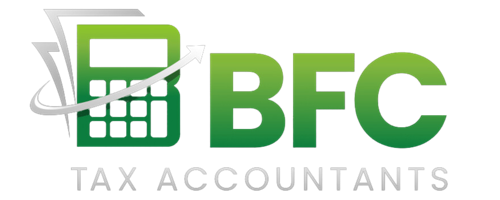Barrie’s construction sector is a dynamic field characterized by diverse businesses ranging from small specialty trades to large-scale contractors. Effective financial management in this sector not only demands a thorough understanding of general construction practices but also requires expertise in the financial nuances of various construction specialties.
Financial Management Across Construction Sub-Sectors
Each construction sub-sector in Barrie presents unique challenges and opportunities. Here’s how businesses in these areas can optimize their financial strategies:
Flooring Installation Businesses
Cash Flow Management: For flooring companies, managing inventory and supplies against project timelines is critical. Implementing robust project management and accounting software can help track costs and payments in real time, improving cash flow.
Tax Opportunities: Utilize tax credits available for purchasing equipment or vehicles that increase efficiency or reduce environmental impact. More details can be found on the Canada Revenue Agency’s website.
Roofing Contractors
Risk Management: Roofing projects often involve significant risk due to the nature of the work. Adequate insurance and bonding are essential, and costs should be managed through detailed contracts and insurance claim expertise.
Seasonal Financial Planning: Given the seasonal nature of roofing in Barrie, developing a financial plan that accounts for off-season periods is crucial. This involves strategic saving and possibly diversifying business activities.
Structural Engineering Firms
Long-term Project Financing: Structural engineering projects often have long timelines, which can lead to complex financial management needs. Utilizing progress billing and exploring financing options for longer-term projects can help maintain steady cash flow.
R&D Tax Credits: Firms engaging in innovative construction methods or materials can benefit from SR&ED tax incentives, which are designed to encourage companies to undertake research and development.
True or False: “Construction businesses in Barrie can defer taxes indefinitely.”
False. While certain tax deferral opportunities exist, such as deferring profit recognition until a project is completed, all taxes must eventually be settled with the CRA.
Best Practices in Accounting Software: Invest in construction-specific accounting software like Procore or Buildertrend, which offer features tailored to the needs of different construction sub-sectors, such as job costing, project management, and customer relationship management.
Regulatory Compliance and Environmental Considerations
True or False: “All construction waste in Barrie can be disposed of in the same manner.”
False. Construction waste management must comply with municipal and provincial regulations, which require proper sorting, reduction, and recycling of materials.
Sustainability Tax Credits and Deductions: Businesses that invest in sustainable practices, such as efficient waste management systems or renewable energy, may be eligible for additional tax incentives. Information on such incentives can be typically found through Environment and Climate Change Canada.
Employment Practices in the Construction Industry
True or False: “Contract workers in the construction industry in Barrie do not require formal contracts.”
False. Ensuring all workers, including contract workers, have formal agreements is essential for legal and financial clarity.
Workforce Management Solutions: Implementing workforce management solutions like ADP Workforce Now can help manage diverse employment types and ensure compliance with labor laws, particularly important in the construction sector where temporary and seasonal workers are common.
Summary
Effective financial management is critical for success in the construction industry in Barrie. Whether you specialize in flooring, roofing, or structural engineering, understanding the financial specifics of your niche will help you mitigate risks and maximize profitability. BFC Tax Accountants is here to support your business with tailored financial advice and solutions.
For more personalized guidance or to discuss specific financial strategies, schedule meeting with us. Let’s build financial resilience and success into your construction business together.




